Standard Psychotherapy vs. Psilocybin-Assisted Therapy
The field of mental health has seen a notable change in recent years. While traditional psychotherapy has been the main treatment strategy for a range of mental health conditions, a novel modality known as psilocybin-assisted therapy has recently gained popularity and is demonstrating promising outcomes.
This blog post will compare the main differences between traditional psychotherapy and psilocybin-assisted therapy, along with their special techniques, advantages, and potential drawbacks.
Traditional Psychotherapy
Cognitive-behavioural therapy (CBT), psychodynamic therapy, and humanistic therapy are just a few of psychotherapy modalities. Usually, a qualified therapist would openly talk with the patient to explore their feelings, thoughts, and behaviours. Through this process, people are able to understand their experiences better, create coping mechanisms, and work on their own personal development and well-being. Key Aspects of Conventional Psychotherapy are:
Verbal Communication: talking and having conversations are the main ways people express themselves and explore their thoughts and emotions.
Relationship between therapist and patient: The foundation of therapy is the therapeutic relationship, which promotes cooperation and trust.
Evidence-Based procedures: Standard psychotherapy focuses on symptom reduction and enhancing general functioning, drawing on well-established evidence-based procedures adapted to the needs of the individual.
Psilocybin-Assisted Therapy
Psilocybin-assisted therapy is a relatively new therapeutic approach that includes controlled use of psilocybin, a a psychedelic compound found in certain mushrooms. The therapy involves administering a moderate dose of psilocybin to the patient under the supervision of trained professionals in a carefully controlled environment. Key Features of Psilocybin-Assisted Therapy:
Altered States of Consciousness: Psilocybin induces altered states of consciousness, leading to profound introspection, enhanced emotional openness, and altered perception.
Facilitated Insights: The psychedelic experience can facilitate deep insights, uncovering underlying emotions, memories, and patterns of thinking that may be difficult to access.
Integration Process: After the psychedelic experience, the therapy emphasizes integration, where patients work with therapists to make sense of their experiences, understand insights and integrate them into their daily lives so that meaningful changes can be created.
Differences and Benefits
Depth of Exploration: Psilocybin-assisted therapy has the potential to facilitate deep emotional and psychological exploration, often leading to transformative experiences that can also be mystical in nature. While effective, standard psychotherapy may take longer to achieve similar levels of depth and insight.
Efficiency: Psilocybin-assisted therapy has shown promise in providing great therapeutic benefits in a shorter time frame than traditional therapy. A single psychedelic session may provide enduring effects, while standard psychotherapy often requires multiple sessions over an extended period.
Treatment of Specific Conditions: Standard psychotherapy is used for a broad range of mental health conditions. In contrast, psilocybin-assisted therapy has shown particular effectiveness in treating conditions such as depression, anxiety, post-traumatic stress disorder (PTSD), and addiction.
Challenges and Considerations:
Legality and Accessibility: Psilocybin is an illegal substance in many countries, and there is limiting access to psilocybin-assisted therapy.
Safety and Professional Guidance: Psilocybin-assisted therapy requires specialized training, appropriate settings, and a therapeutic team with experience managing psychedelic experiences.
Individual Suitability: Not everyone may be suitable for psilocybin-assisted therapy. Certain individuals with a history of severe mental health conditions, such as schizophrenia or bipolar disorder, may be advised against participating in this therapy due to potential risks.
Integration Challenges: The intense and profound nature of the psychedelic experience in psilocybin-assisted therapy requires careful integration. This process can be challenging, and constant therapist support is essential to help individuals translate their insights into meaningful changes.
Research and Standardization: While the preliminary research on psilocybin-assisted therapy is promising, further scientific exploration and standardization of protocols are necessary. This includes establishing best practices, dosing guidelines, and training programs.
Conclusion
Standard psychotherapy and psilocybin-assisted therapy offer distinct approaches to mental health treatment, each with strengths and considerations. Standard psychotherapy provides a well-established framework for exploration and growth through verbal communication and evidence-based techniques. On the other hand, psilocybin-assisted therapy presents a novel approach that leverages psychedelics' profound and transformative potential to facilitate deep emotional insights and rapid therapeutic progress.
The choice between standard psychotherapy and psilocybin-assisted therapy depends on the individual's needs, preferences, and the guidance of trained professionals. Both modalities have the potential to contribute to the well-being and personal growth of individuals seeking mental health support, offering diverse avenues for healing in a rapidly changing therapeutic landscape.
Ultimately, why not combine these two therapies? By combining the strengths of both approaches, individuals may benefit from the long-term support and guidance of standard psychotherapy while leveraging the potentially accelerated and profound healing potential of psilocybin-assisted therapy. This integration allows for a more holistic and personalized treatment plan tailored to the individual's needs, maximizing the potential for growth and well-being.



